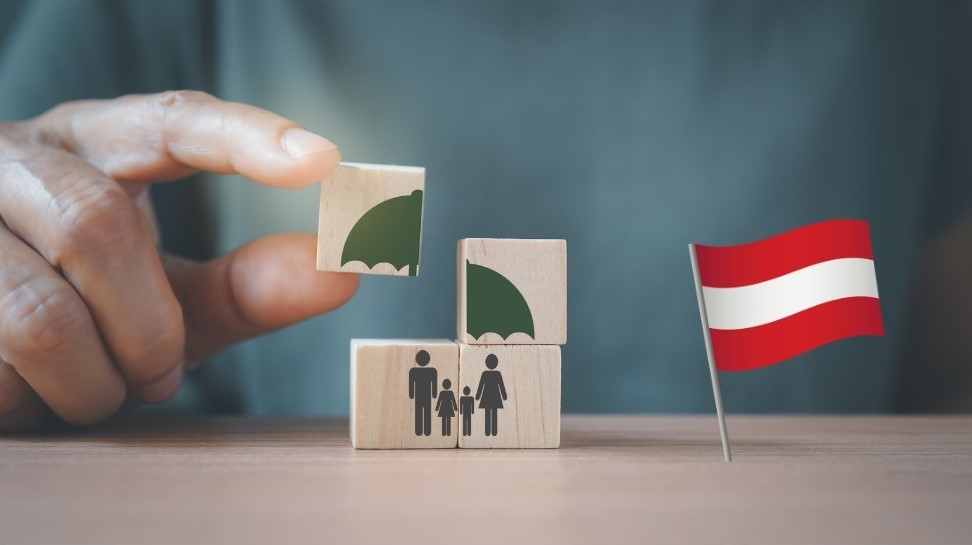The next time you look at your paycheck or your taxes and think the amount you’re paying is too high, remember this: You’re getting paid a lot! We cannot function as a modern society if we do not have schools, hospitals, roads and public servants such as police officers and firefighters. But that’s not all. Social insurance pays out pension and unemployment benefits.
Another main focus of the social insurance system is to provide financial assistance to parents or legal guardians. Children are our future. That’s why the EU is working hard to reduce the financial burden of childbirth and is giving parents a helping hand in the form of financial support. Today, we will look at what concrete steps Austria is taking to ensure that every child’s needs are met.
What are the types of family benefits in Austria?
Austria offers three types of financial assistance (child allowance, child tax credit and childcare allowance) for parents or legal guardians. You are entitled to family benefits if you are permanently resident in Austria. However, you may also be entitled if you or your children live in another country in the European Union or the European Economic Area.
Child allowance
Child benefit is a universal system in Austria. It is financed by taxes paid by the employed. All families are entitled to child benefit and the amount depends on the age of the child. It ranges from €120.61 (for children up to 3 years) to €174.68 (for children over 19 years). There is also an extra charge for each additional child. This means that if you have two-year-old twins, you will receive €240 with an additional €7.10 per child. The supplement increases up to €55.02 depending on the number of children.
Families with a taxable income of less than €55,000 also receive an additional €21.20 per month for each additional child after the second child. And if the child has a severe disability, an additional 164.90 euros is provided. As these amounts change frequently, the Austrian government has provided online calculatorwhere you can check the exact amount. In Austria, the government also provides an allowance at the start of the school year of €105.80 for each child aged between 6 and 15. This helps parents and children cover the cost of school supplies.
You are entitled to a child benefit as soon as you reach the age of 19. However, in some cases this period may extend up to the age of 24 or 25. This applies to persons performing voluntary social service, students, military conscripts and others.
Child tax bonus
Parents receive a tax bonus in addition to child benefit. It is also funded by taxpayers. The amount provided is €61.80 per month per child.
Child-rearing allowance
You are entitled to this benefit for 365 to 851 days after the birth of your child. The amount is calculated on the basis of the last income. The amount is 80%, but the limit is 66 euros per day. There is also a flat rate, which ranges from EUR 14.53 to EUR 33.88 per day, depending on the length of the period.
What if I work in Austria but live elsewhere?
EU and Schengen Area rules and regulations make travelling within the EU very easy. Many people who live close to the border work in another country for various reasons. Many people work as caregiverand travel to countries such as Germany and Austria for work, for periods ranging from one week to several months. However, their place of residence is not the country where they work. In such cases, people working in Austria are entitled to family benefits.
However, if the spouse of a person working in Austria also works in an EU country, the benefits are provided by the country where the child or children are resident. If these benefits are lower than those usually paid in Austria, the Austrian authorities should make up the difference. Read how Austria has had to repay outstanding family allowances to migrant workers.
And if you don’t think Austria is a country you find interesting and attractive, check out our website. We have vacancies in many other EU countries that offer excellent salaries and family benefits.







